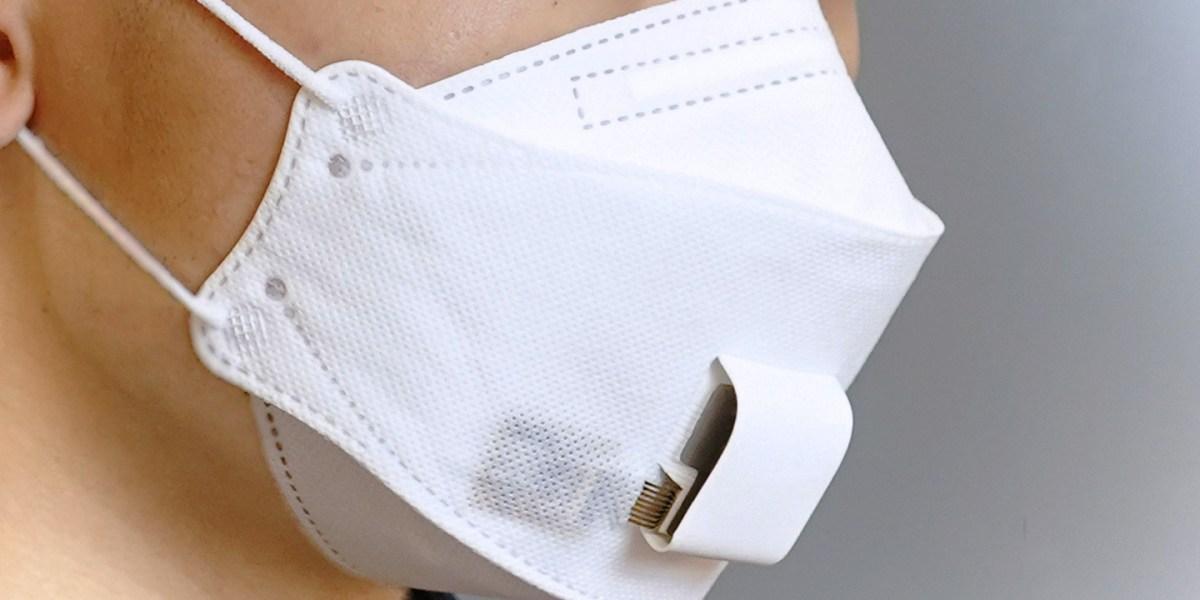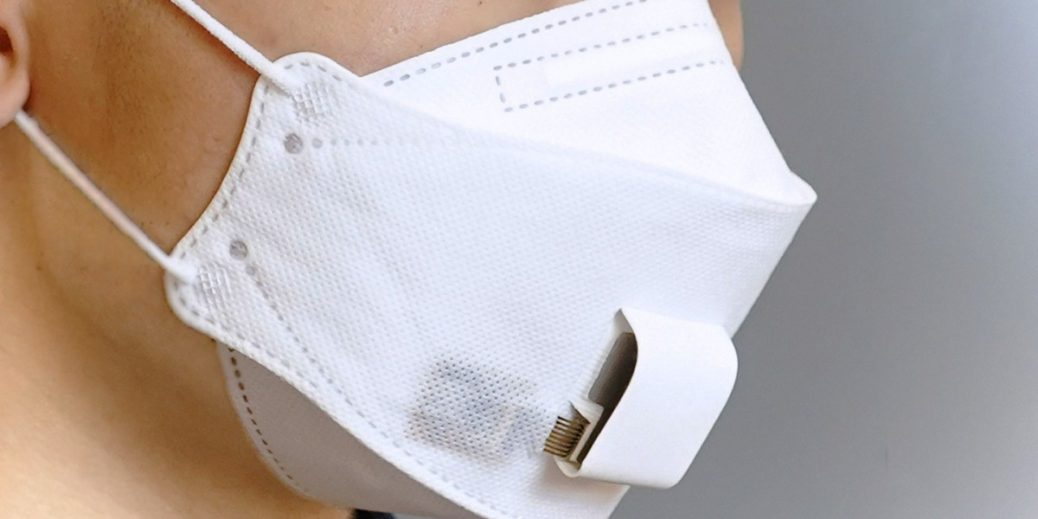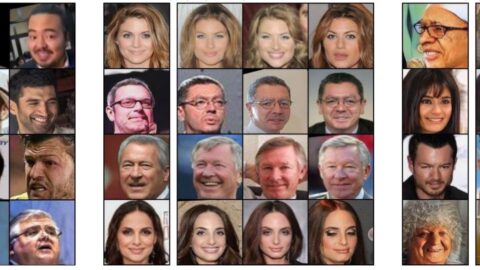
“The biggest challenge has always been collecting real-time samples. This problem has been solved. That’s a paradigm shift,” says Rajan Chakrabarty, professor of Environmental and Chemical Engineering at Washington University in St. Louis and who was not involved in the research.
The Caltech team tested the smart mask with patients, including several who had chronic obstructive pulmonary disease (COPD) or asthma or had just gotten over a covid-19 infection. They were testing the masks for comfort and breathability, but they also wanted to see if the masks actually worked at tracking useful biomarkers throughout a patient’s daily activities, such as exercise and work.
The mask picked up on higher levels of nitrite in patients who had asthma or other conditions that involved inflamed airways. It also picked up on higher alcohol content after a patient went out drinking, which demonstrates another potential application of the mask. Analyzing breath this way is more accurate than the typical breathalyzer test, which involves a patient blowing into a device. Blowing can produce imprecise results due to alcohol in saliva being spit out.
The researchers hope this is just the beginning. They plan to test the masks on a larger population, and if all goes well, commercialize the masks to get them out to a wider audience. They hope the mask will be a platform for broader application, where sensors for a range of biomarkers could be slotted in and out.





Recent Comments